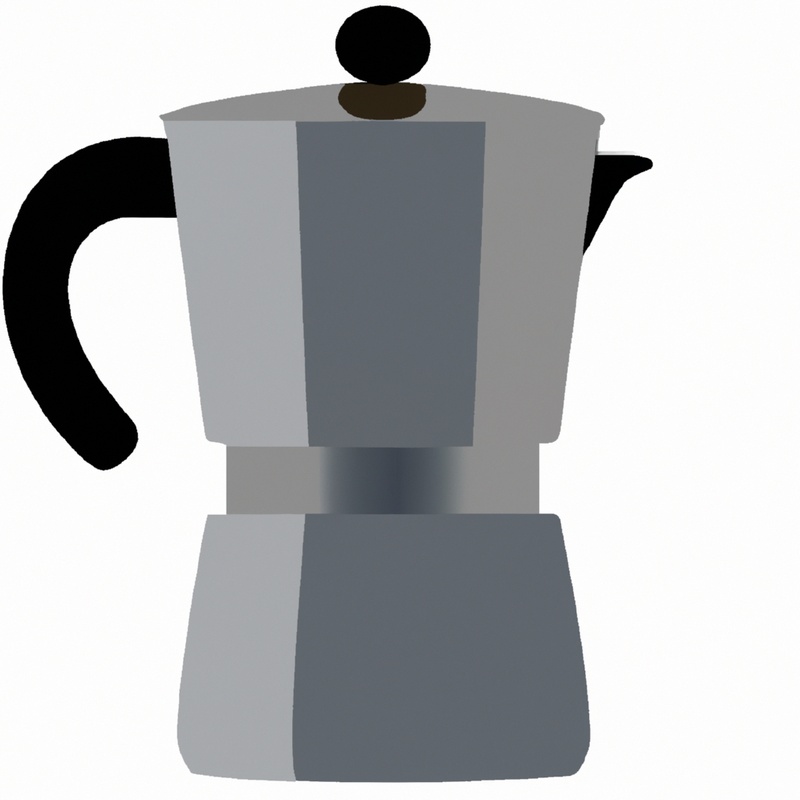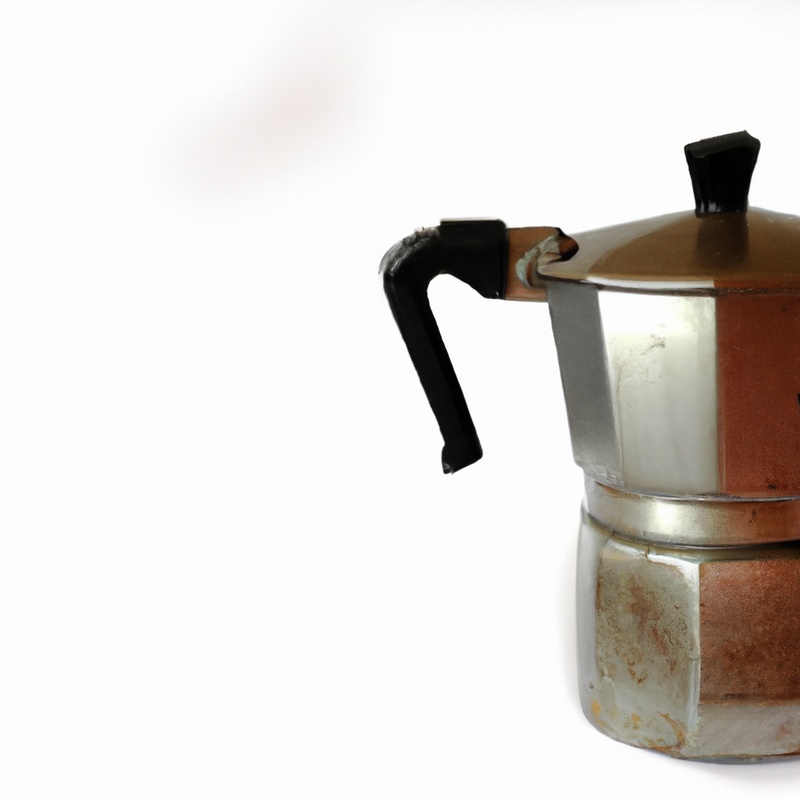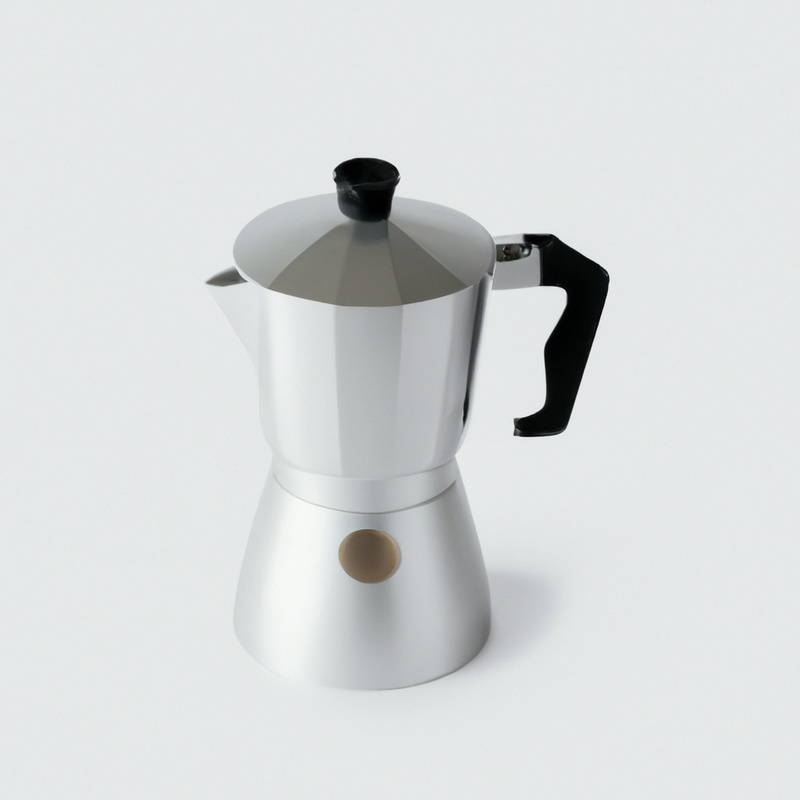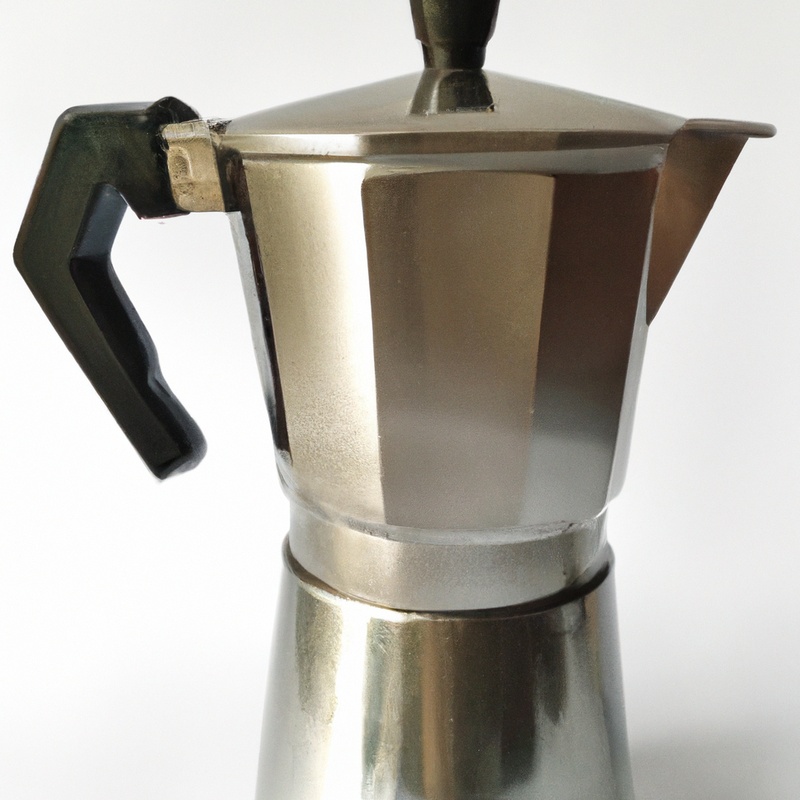Key Takeaways:
- Using a percolator for cold brew coffee is not recommended, as it is designed for hot brewing methods.
- Cold brew coffee requires a slow extraction process, which is best achieved through immersion brewing or slow drip methods.
- Percolators tend to over-extract coffee grounds, resulting in a bitter and acidic taste for cold brew coffee.
- To achieve the smooth and low-acidity flavor of cold brew coffee, it is recommended to use a dedicated cold brew coffee maker or utilize alternative brewing methods such as a French press or a mason jar.
Do you love the rich and smooth taste of cold brew coffee, but wonder if you can achieve it with a percolator?
Well, you’re in the right place! In this article, we’ll delve into the fascinating world of cold brew coffee and explore whether a percolator can be used to make this beloved beverage.
We’ll discuss the traditional method of making cold brew coffee and then dive into the pros and cons of using a percolator for this brewing technique.
Plus, we’ll share some valuable tips to help you achieve the perfect cold brew coffee using a percolator.
So grab your favorite mug and let’s get brewing!
Can you use a percolator for cold brew coffee?
Yes, a percolator can be used to make cold brew coffee.
The traditional method of making cold brew coffee
The traditional method of making cold brew coffee is simple and straightforward.
You start by combining coarsely ground coffee and cold water in a container.
Let it steep for 12 to 24 hours, depending on your preferred strength.
After steeping, strain the mixture to remove the grounds, and you’re left with a smooth and concentrated coffee.
It can be served over ice or diluted with water or milk to taste.
Enjoy the rich and mellow flavors of cold brew prepared the traditional way!

Using a percolator for cold brew coffee
Using a percolator for cold brew coffee is not recommended.
Percolators are designed for hot brewing methods, and the high temperature and agitation can extract bitter flavors from the coffee grounds.
For the best results, choose a cold brew-specific device like a French press or a dedicated cold brew maker.
These methods allow for a smoother and less acidic cup of cold brew coffee.
Pros and cons of using a percolator for cold brew coffee
Pros: Percolators provide a faster brewing time for cold brew coffee, and the resulting brew can be bold and flavorful.
Cons: Percolators can lead to a higher extraction of acidity and bitterness from the coffee, potentially compromising the smoothness and sweetness typically associated with cold brew.
Pros of using a percolator for cold brew coffee
One of the advantages of using a percolator for cold brew coffee is its simplicity. All you need to do is add coffee grounds and water, and let it do its job.
It’s a great option for those who prefer a hands-off approach.
Another benefit is the ability to control the strength of your coffee. With a percolator, you can adjust the brewing time and the amount of coffee grounds to suit your taste preferences.
This allows for a customizable cold brew experience.
Additionally, using a percolator for cold brew can be a cost-effective option. Percolators are often more affordable compared to other cold brew coffee makers on the market.
So if you’re on a budget, this could be a great choice for you.
Lastly, percolators are known for producing strong and robust flavors. The brewing process in a percolator typically extracts more of the coffee’s oils and flavors, resulting in a bold and flavorful cold brew coffee.

Cons of using a percolator for cold brew coffee
Using a percolator for cold brew coffee has its downsides. Firstly, percolators are designed to brew coffee using high temperatures, and this can result in a bitter and over-extracted cold brew.
Secondly, percolators require constant monitoring and adjustment of heat to maintain the desired steeping temperature, which can be time-consuming and inconvenient.
Thirdly, percolators are not typically designed for the long steeping times required for cold brew coffee, which may result in a less flavorful and acidic brew. Overall, using a dedicated cold brew system or manual methods like immersion or slow drip might yield better results.

Tips for using a percolator to make cold brew coffee
Choose the right type of percolator that allows for a slower extraction process. Adjust the grind size and coffee-to-water ratio for a smoother cold brew.
Choosing the right type of percolator
When it comes to choosing the right type of percolator for making cold brew coffee, there are a few key factors to consider.
Firstly, opt for a percolator with a larger capacity to accommodate the volume of water and coffee grounds needed for cold brew.
Secondly, choose a percolator with a built-in filter or a metal mesh filter basket, as this will help to prevent sediment or fine coffee particles from ending up in your final brew.
Lastly, consider the material of the percolator.
Glass or stainless steel percolators are often preferred for their durability and heat retention properties.
Adjusting the grind size and coffee-to-water ratio
To adjust the grind size for cold brew coffee in a percolator, aim for a coarse grind. This will help prevent over-extraction and ensure a smooth, less bitter taste.
As for the coffee-to-water ratio, a general rule is to use 1 part coffee to 4 parts water.
However, you can tweak it to suit your preference. Experiment with different ratios to find your perfect balance of strength and flavor.
Controlling the brewing time and temperature
To control the brewing time and temperature when making cold brew coffee with a percolator, there are a few things you can do.
Firstly, make sure to use coarsely ground coffee beans to prevent over-extraction.
Additionally, you can adjust the brewing time by experimenting with different steeping times, varying from 12 to 24 hours, until you find your desired strength.
It’s also important to maintain a consistent temperature throughout the brewing process, so you may want to consider using a cooler room or placing the percolator in the refrigerator.
By carefully controlling these factors, you can create a delicious and refreshing cup of cold brew coffee.
Frequently Asked Questions about using a percolator for cold brew coffee
Can I use a stovetop percolator for cold brew coffee?
Yes, you can use a stovetop percolator for cold brew coffee. However, it’s important to note that the traditional percolation method is not ideal for cold brew.
The process of percolation involves hot water rising through the coffee grounds, which can result in a more bitter and acidic brew.
For a smoother and less acidic cold brew, it’s recommended to use a dedicated cold brew system or a French press. These methods allow for a slower extraction process, resulting in a more balanced and flavorful cold brew coffee.
How long does the brewing process take with a percolator?
The brewing process with a percolator typically takes about 7 to 10 minutes. The exact time can vary based on factors like the desired strength of the coffee and the heat source used.
It’s important to keep an eye on the percolator and adjust the brewing time to achieve the desired flavor profile.
Once brewed, you can enjoy a hot and flavorful cup of coffee.
Can I store cold brew coffee made with a percolator?
Yes, you can definitely store cold brew coffee made with a percolator.
Once you have brewed the cold brew coffee in the percolator and it has cooled down to room temperature, you can transfer it to an airtight container to store in the refrigerator.
Make sure to seal the container tightly to prevent any air or moisture from getting in, as this can affect the flavor of the coffee.
Stored properly, cold brew made with a percolator can last for up to two weeks in the refrigerator.
Enjoy your cold brew whenever you’re ready for a refreshing cup!
Final Verdict
While a percolator is traditionally used for brewing hot coffee, it can be used to make cold brew coffee with a few adjustments.
Using a percolator for cold brew coffee has its pros and cons.
It offers convenience and simplicity, but it may not produce the smoothest and most flavorful cold brew.
To achieve the best results, choose the right percolator, adjust the grind size and coffee-to-water ratio, and control the brewing time and temperature.
With some experimentation and practice, you can use a percolator to enjoy a refreshing cup of cold brew coffee.
So go ahead and give it a try!
